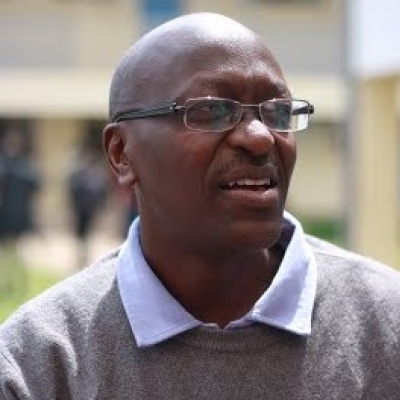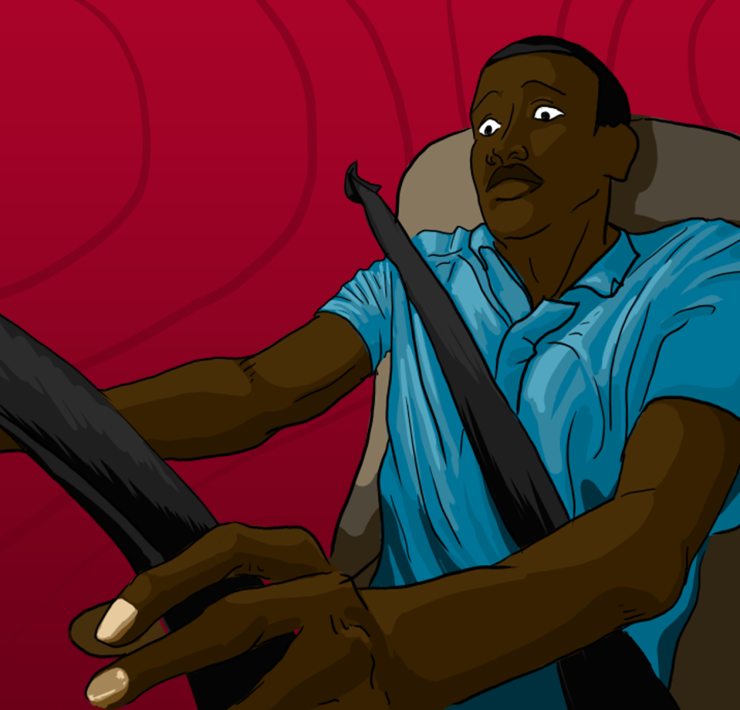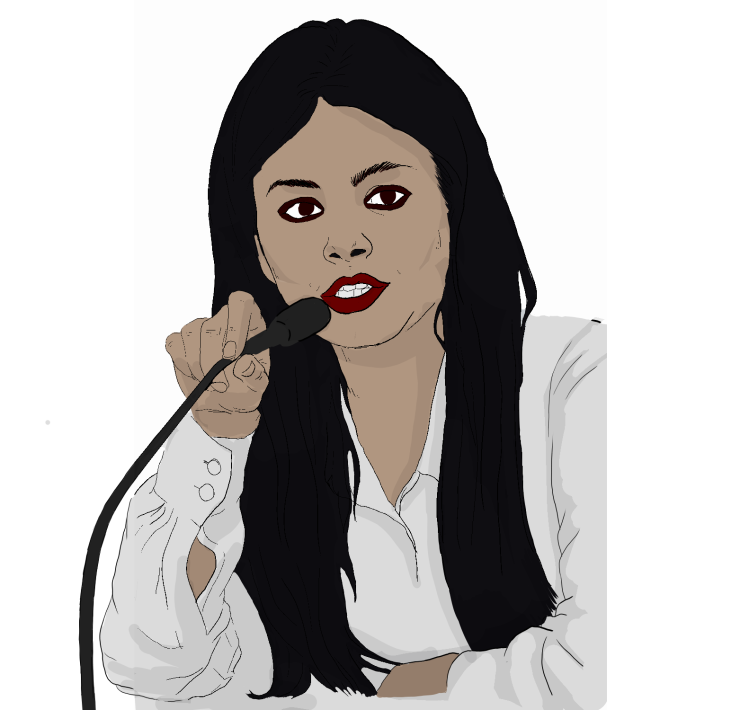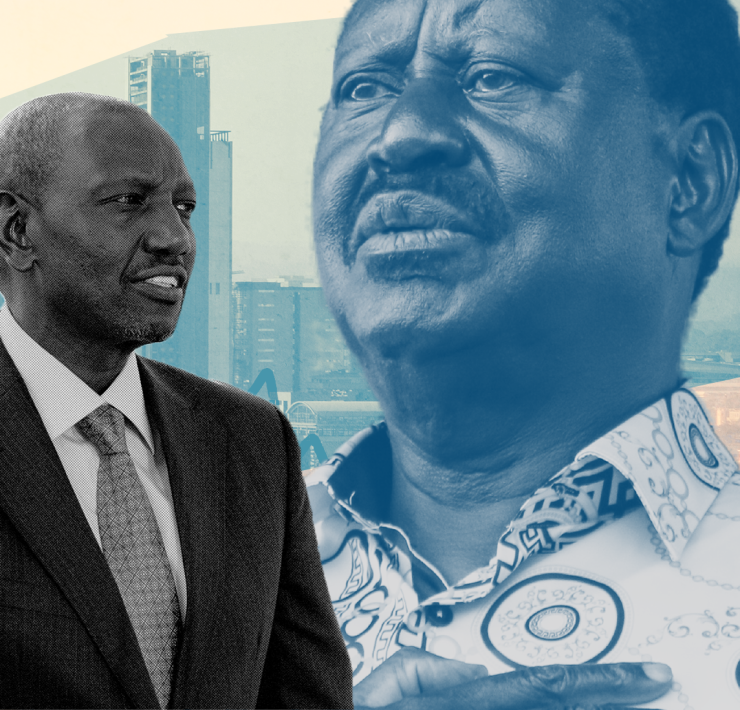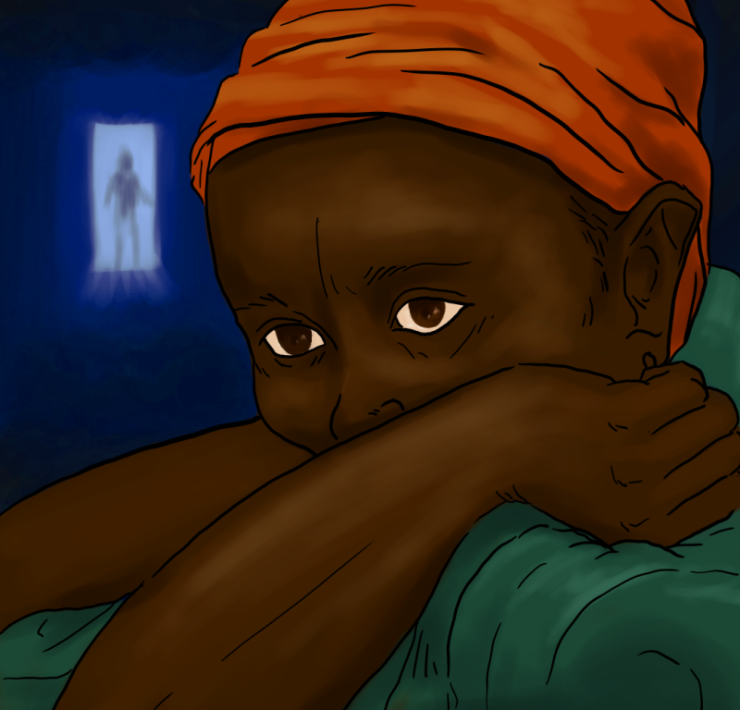We are living in strange times. Scrolling through the Twitter handle of Dr. David Ndii makes for some disturbing reading. Responding to a tweet by Njeri Thorne in which she shares the view that President Ruto might be a great president if he “rid himself of fitina folk, D grade ministers… and village thugs in his cabinet,” Dr. Ndii dismissively tweets, “We regret that your application has not been successful,” implying that her tweet is motivated by an unmet desire to join the administration. When someone complains about the chaotic Matatu Culture, Dr. Ndii responds, “We don’t owe you cargo cult aesthetics. We owe hustlers livelihoods.” When another KOT suggests that it would be good to have bicycles and trams for public transport, Dr Ndii retorts, “You are not listening. Middle class conveniences are not a priority.”
Dr. Ndii is one of the sharpest minds of our time. A Rhodes Scholar and an Eisenhower Fellow with a doctorate degree from Oxford University, Dr. Ndii has been described by the Telegraph Newspaper in the UK as “one of Africa’s best-known economists.” He has previously served as an economic advisor to the Rwanda Government and was a key member of NARC’s Economic Recovery Strategy Taskforce, which is widely credited with the post-2003 economic recovery during President Mwai Kibaki’s first term.
Having played an active part as one of Dr. William Ruto’s strategists during the campaign leading up to the August 2022 elections, Dr. Ndii was appointed Chair of the Presidential Council of Economic Advisors in the new Kenya Kwanza government in October 2022.
Few will doubt that this high profile appointment at the heart of the new administration is well deserved. But it seems to me that Dr. Ndii has another job description, that of patrolling the streets of Twitter with the aim of defending the government he serves and putting what he regards as entitled and out-of-touch middle class Kenyans – those whom he refers to as #UpperDeckPeopleKE – in their place.
For many years, Dr. Ndii was a public intellectual who used his high profile and many platforms to provide the public with the knowledge necessary to make informed decisions on governance and to keep authorities accountable for their actions. Even when he served as the Chief Strategist of the NASA Coalition in the lead up to the 2017 elections, he still played this role and remained a constant thorn in the flesh for the Jubilee administration. But he parted ways with NASA when Raila Odinga hitched his wagon onto his erstwhile rival President Uhuru Kenyatta following the March 2018 handshake.
Given the unpalatable things he had written at the time about his current boss President William Ruto, I do not think that Dr. Ndii’s support of him is the result of a Damascus Road conversion experience. Rather, his fundamental antipathy to the so-called dynasties, especially the Kenyatta family, must have led him to make a pragmatic decision to support Ruto as the only viable candidate that had the smarts to take on and dislodge the dynasties from power. In his calculation, he most likely convinced himself that Ruto would be easier to get rid of, should he go rogue, than the dynasties, had they won the last election.
Whatever his reasons, having picked a side, Dr. Ndii is no longer a public intellectual. For he seems to have abandoned what Noam Chomsky wrote about the responsibility of intellectuals, which is “to speak the truth and to expose… the lies of governments, to analyse actions according to their causes and motives and often hidden intentions.” He has instead become increasingly subservient to State House, providing an ideological rationale for President Ruto’s slow slide to authoritarian populism.
A case in point is the recent visits by opposition MPs from ODM and Jubilee parties to State House to pledge loyalty to President Ruto in scenes eerily resembling the days of the Moi dictatorship. Instead of being the sentinel that warns the public that the logical outcome of this trend is the collapse of Executive accountability to Parliament and reminding the MPs that their job is legislation, representation and oversight based in Parliament and not pledging loyalty to the President in State House, Dr. Ndii gleefully tweets, “2018 Raila aliacha watu wake kwa mataa. Hawa wameona dalili wakaamua kutangulia.” (In 2018, Raila abandoned his people. These ones, having seen the signs, have decided to go before him to pledge their loyalty to the President).
Both as a candidate and now as President, William Ruto has borrowed a leaf from the playbook of other authoritarian populists such as former US President Donald Trump, Turkish President Recep Tayyip Edorgan, and the leaders of the Leave Campaign in the UK’s Brexit Referendum of 2016. They all rode to power or achieved their objectives by claiming that they are the only ones who understood and therefore spoke for the “real people.” In Kenya, the “real people” are called “hustlers.” And in the world of authoritarian populists, they are the only ones that matter because they are the “real owners” of the country. The rest of us are dismissed as either apologists for the dynasties or ‘Upper Deck’, and our needs don’t count because they are “middle class conveniences.”
During his days as a public intellectual, Dr. Ndii, in March 2016, wrote a controversial article in the Daily Nation, which many Kenyans resonated with, titled “Kenya is a cruel marriage, it’s time we talk divorce.” Reading through his Twitter handle these days one cannot help wondering what has happened to this cruel marriage. Does he now believe that it can be salvaged under the “wise leadership” of the new “Father of the Nation?” If so, why, pray tell, has Dr. Ndii decided to wield his formidable intellectual club and go around knocking down the heads of any children who raise legitimate concerns, dismissing them as being irrelevant and out of touch with the “real children” of the marriage?
Author
-

Njonjo Mue is a Rhodes Scholar, human rights lawyer and transitional justice expert based in Nairobi, Kenya. He has held senior positions with leading national and international human rights organisations, including serving as Legal Advisor to the Africa Programme (and was Head of the Africa Regional Office) of the Freedom of Expression Watchdog ARTICLE 19; being Regional Director for PANOS Eastern Africa; working as the Head of Advocacy at the Kenya National Commission on Human Rights; serving as Africa Deputy Director for the International Center for Transitional Justice; and being a Senior Advisor to Kenyans for Peace with Truth and Justice, a coalition of over thirty human rights organisations established in the wake of the 2008 Post-Election violence to pursue truth and justice for PEV victims and advocate for a fundamental reform of the Kenyan State to address the root causes of political instability. Additionally, Njonjo has sat on the boards of several leading organisations including chairing the Governing Council of the Kenya Section of the International Commission of Jurists (ICJ–Kenya) and chairing the board of the International Institute of Legislative Affairs. He has won several awards for his human rights work, including being named Jurist of the Year by ICJ–Kenya in 2000 for his “unparalleled courage, determination for the preservation and restoration of human dignity, and realisation of the tenets of democracy and the rule of law.” Njonjo also holds an MA degree in Theology from the International Leadership University.
Njonjo Mue is a Rhodes Scholar, human rights lawyer and transitional justice expert based in Nairobi, Kenya. He has held senior positions with leading national and international human rights organisations, including serving as Legal Advisor to the Africa Programme (and was Head of the Africa Regional Office) of the Freedom of Expression Watchdog ARTICLE 19; being Regional Director for PANOS Eastern Africa; working as the Head of Advocacy at the Kenya National Commission on Human Rights; serving as Africa Deputy Director for the International Center for Transitional Justice; and being a Senior Advisor to Kenyans for Peace with Truth and Justice, a coalition of over thirty human rights organisations established in the wake of the 2008 Post-Election violence to pursue truth and justice for PEV victims and advocate for a fundamental reform of the Kenyan State to address the root causes of political instability. Additionally, Njonjo has sat on the boards of several leading organisations including chairing the Governing Council of the Kenya Section of the International Commission of Jurists (ICJ–Kenya) and chairing the board of the International Institute of Legislative Affairs. He has won several awards for his human rights work, including being named Jurist of the Year by ICJ–Kenya in 2000 for his “unparalleled courage, determination for the preservation and restoration of human dignity, and realisation of the tenets of democracy and the rule of law.” Njonjo also holds an MA degree in Theology from the International Leadership University.


